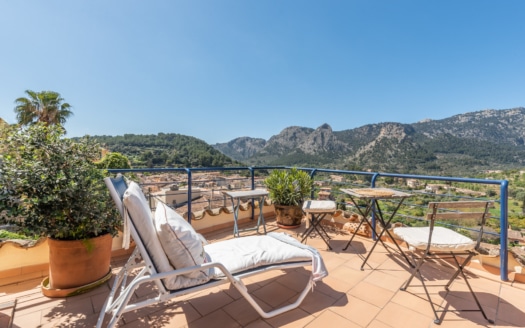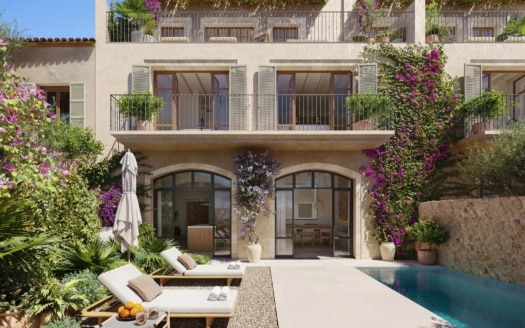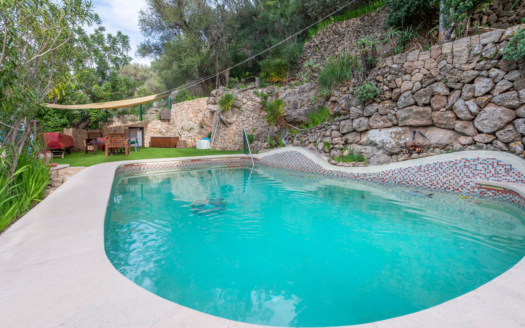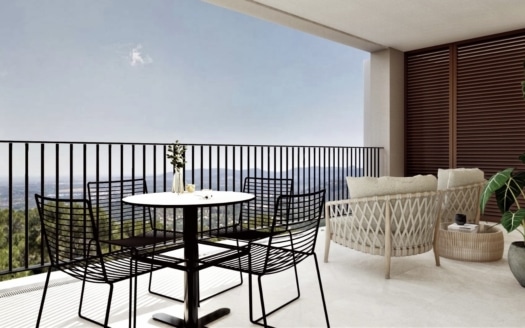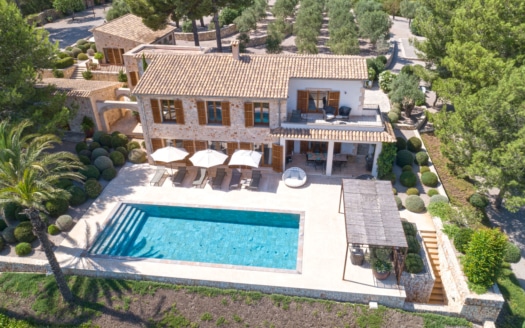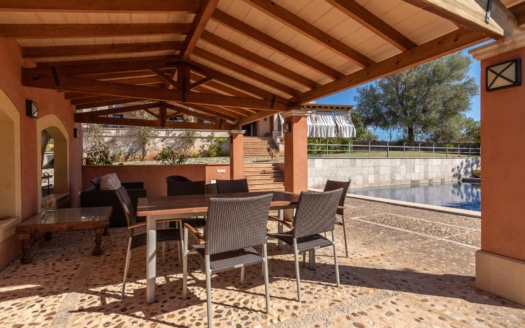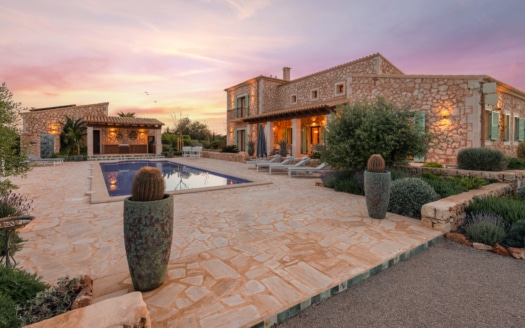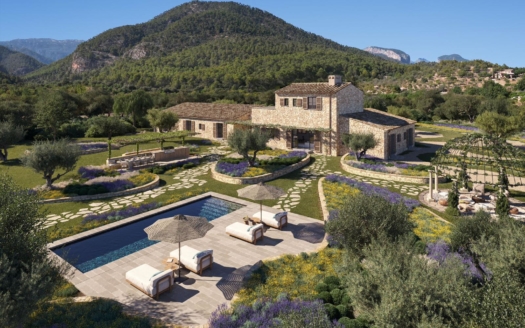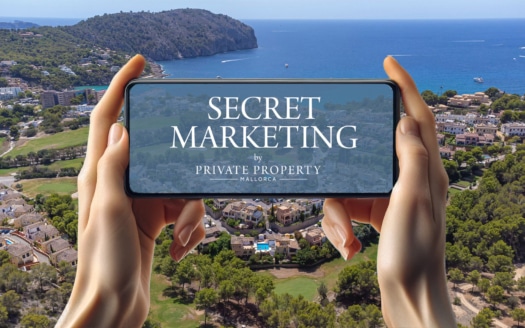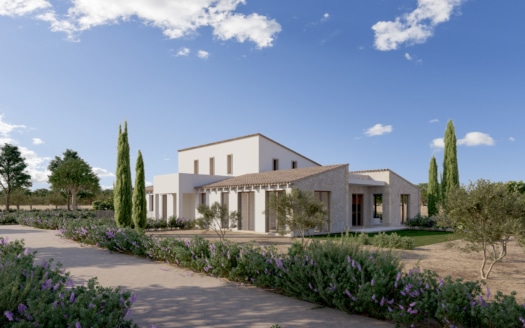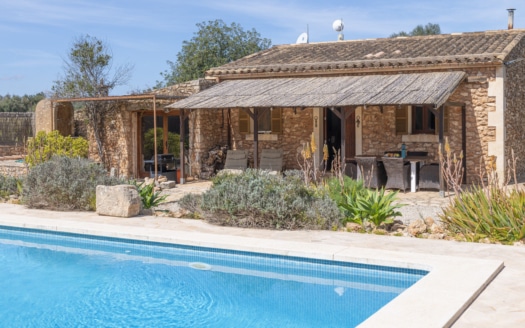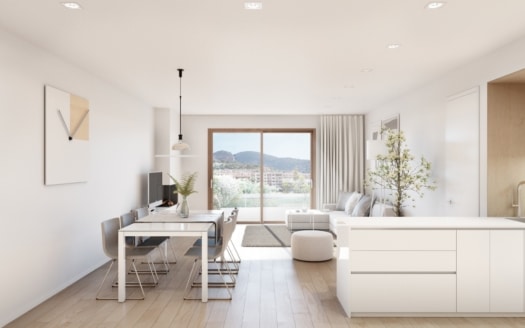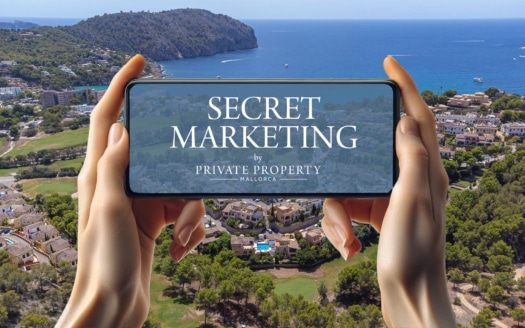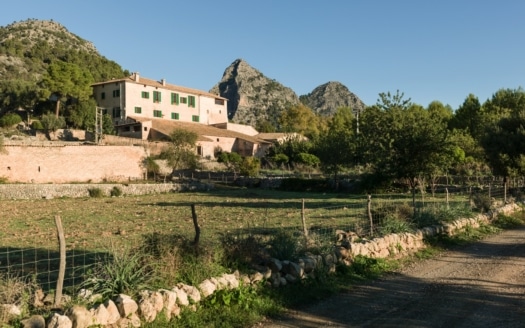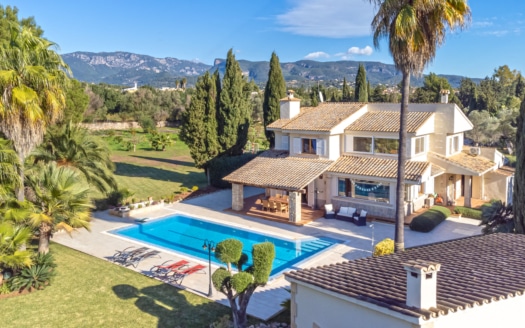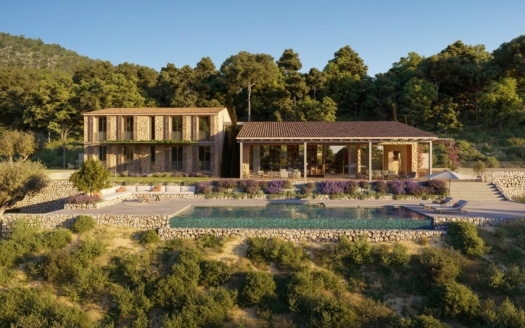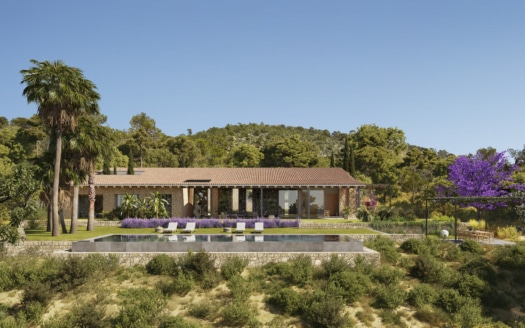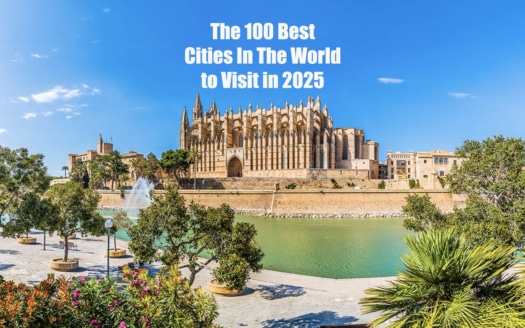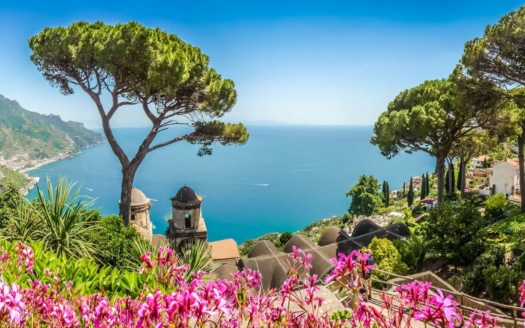
Restoring Traditional Mallorca Properties: Preserving Mallorca’s Architectural Heritage
Beyond the sun-soaked shores and bustling tourist areas of Mallorca, the island holds a treasure trove of traditional properties that offer a glimpse into its rich architectural history. Restoring these traditional Mallorcan properties is not only a labor of love but also a vital endeavor to preserve the island’s architectural heritage. In this article, we will take a close look at the process of renovating and restoring these properties, exploring the benefits and challenges faced by those committed to this noble cause.
A Glimpse into Mallorca’s Architectural Heritage
Mallorca’s architectural heritage is a testament to the island’s complex history. Over centuries, it has been influenced by various cultures, including the Romans, Moors, and Catalans, resulting in a unique blend of architectural styles. From rustic fincas (farmhouses and estates) to elegant townhouses and majestic manor houses, Mallorca’s traditional properties showcase a diverse range of designs, materials, and craftsmanship.
The Restoration Process
Restoring traditional properties on Mallorca is a meticulous and often time-consuming process that involves several key steps:
1. Research and Documentation
Before embarking on a restoration project, thorough research is essential. Property owners must gather historical documents, photographs, and any available information about the building’s original design and features. This step helps ensure that the restoration remains faithful to the property’s heritage.
2. Preservation of Original Elements
Preserving the property’s original elements is paramount. This includes maintaining traditional materials like stone, wood, and terracotta, as well as retaining architectural details such as arched doorways, wooden beams, and decorative tiles. Skilled craftsmen are often called upon to repair or replicate these elements.
3. Modernizing for Comfort
While preserving authenticity is crucial, modernizing the property for contemporary living is also necessary. This involves updating electrical, plumbing, and HVAC systems while discreetly incorporating modern amenities like kitchens and bathrooms. Striking a balance between preserving history and ensuring comfort is a challenge.
4. Sustainability and Environmental Considerations
Restoration efforts in Mallorca increasingly prioritize sustainability. This includes using eco-friendly building materials, energy-efficient systems, and renewable energy sources. These measures not only reduce the environmental impact but also enhance the long-term viability of the property.
5. Regulatory Compliance
Navigating local building regulations and permits can be a complex process. Property owners must work closely with local authorities to ensure that their restoration projects comply with preservation guidelines and zoning laws.
Benefits of Restoring Traditional mallorca Properties
The restoration of traditional Mallorcan properties offers numerous benefits, both for individual property owners and the broader community:
1. Cultural Preservation
Restoration helps preserve Mallorca’s unique architectural heritage, ensuring that future generations can appreciate the island’s historical buildings and cultural significance.
2. Economic Boost
Restored properties can contribute to the local economy by attracting tourists interested in staying in traditional accommodations. Additionally, the restoration process itself creates jobs and stimulates economic activity in the region.
3. Increased Property Value
Well-executed restoration projects often result in increased property values. Buyers are willing to pay a premium for properties that seamlessly blend history with modern amenities.
4. Sustainability
By adopting eco-friendly practices during restoration, property owners contribute to environmental sustainability and reduce the carbon footprint associated with their buildings.
Challenges Faced in Restoration
While the rewards of restoring traditional properties on Mallorca are numerous, there are significant challenges to consider:
1. High Costs
Restoration can be expensive, especially when preserving historical elements and complying with modern regulations. Property owners must carefully budget for these expenses.
2. Skilled Labor Shortage
Finding skilled craftsmen and artisans who specialize in traditional building techniques can be challenging, as these skills are not as prevalent as they once were.
3. Preservation vs. Modernization
Weighing the preservation of historical authenticity against the need for modern amenities can be a delicate balancing act.
4. Regulatory Hurdles
Navigating local regulations and obtaining the necessary permits can be a time-consuming and frustrating process.
Restoring traditional Mallorcan properties is a noble undertaking that celebrates the island’s rich architectural heritage while providing economic and cultural benefits. It is a labor of love that requires dedication, financial resources, and a commitment to preserving history for future generations. In the face of challenges, those who embark on these restoration journeys play a vital role in maintaining the soul and character of Mallorca, ensuring that its architectural legacy endures for centuries to come.
MALLORCA REAL ESTATE
Charming village house in Bunyola with guest area and stunning mountain views
Building plot in Bunyola with project for a fantastic villa with panoramic views
Bunyola: Townhouse with pool, garden & panoramic views – your gateway to the Tramuntana
PROJECT! Penthouse in Bunyola with private terrace in new development with communal pool
Magnificent finca in Porreres with private tennis court and rental license in a prime location
Mediterranean finca in Bunyola with large pool & garden, very close to Palma
Impressive luxury finca in Porreres with olive plantation, vineyard and absolute privacy
Unique finca in Bunyola with spectacular views and vacation rental license
NEW BUILD! Finca in Santa Maria at the highest level with privacy and panoramic views
Finca in Porreres with vacation rental license, privacy AND own vineyard
PROJECT! Penthouse in new complex in Bunyola with community pool & Tramuntana view
Mansion in Bunyola: Historical country manor from 1602 including vast estate
Fantastic finca with absolute privacy and vacation rental license between Palma and Sóller
PROJECT! Unique villa of the highest level with pool and magnificent views in Santa Maria
PROJECT! New construction luxury villa in the middle of the nature of Santa Maria with magnificent panoramic views

